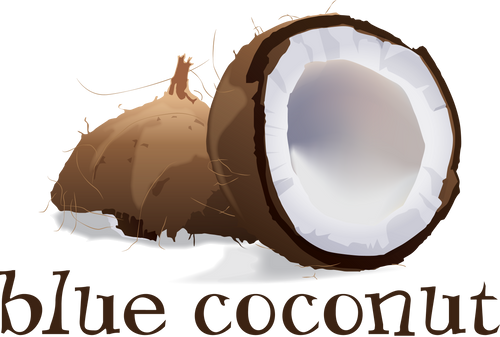INFORMATION FOR HORSE OWNERS
Some of the medium chain triglyceride (Lauric, Capric and Caprioc acids) in coconut oil possesses anti-bacterial and anti-viral properties. These fatty acids may assist the horse’s immune system in fighting off viral and bacterial challenges, leading to improved overall gut health and a reduction in ulcers and laminitis, and overall wellbeing.
Fat is an important energy source for the high-performance horse. High-fat diets provide a safe, efficient energy source that will improve a horses’ performance, minimize the risk of colic and founder, and usually be more cost effective.
Oil is very energy dense and yields about 2 ¼ times more energy than starch or protein. This may be useful for a number of reasons including reduction in gut fill and feed intake required to sustain maintenance and exercise.
Dysbiosis (Leaky gut syndrome) – is a gut disorder commonly affecting horses fed high levels of sugar and starch (NSC or non-structural carbohydrate)from pastures, grain and grain based feeds. Feeding natural products such as medium chain triglycerides (MCT) that are reported to have possible anti-microbial actions is thought to preserve gut health.
Equine Muscle disorder – horses suffering from ‘tying up’ need low –carb/non carb energy diets, so partial replacement of grains with oil in the diet may aid in the management of the condition.
Glycogen - is the form in which animals store carbohydrates in their bodies, for later use as energy.
Saturated fats such as those found in coconut oil are more effective at enhancing muscle glycogen storage than the unsaturated fats found in other vegetable oils (eg: RICE BRAN, CORN, FLAX, OY BEAN).
Horses are able to utilise oil for energy during submaximal/anaerobic activity. This means delay of the onset of fatigue and increased capacity for high-intensity exercise.
Non-heating Energy Source - fizzing generally comes from high starch/grain diets where there is a risk of starch overload into the hindgut. The risk of starch overload can be minimised by replacing some grain with oil, to provide energy. Coconut oil provides a source of cool energy resulting in non ‘fizzy’ behaviour.
Oil is very energy dense and yields about 2 ¼ times more energy than starch or protein. This may be useful for a number of reasons including reduction in gut fill and feed intake required to sustain maintenance and exercise.
